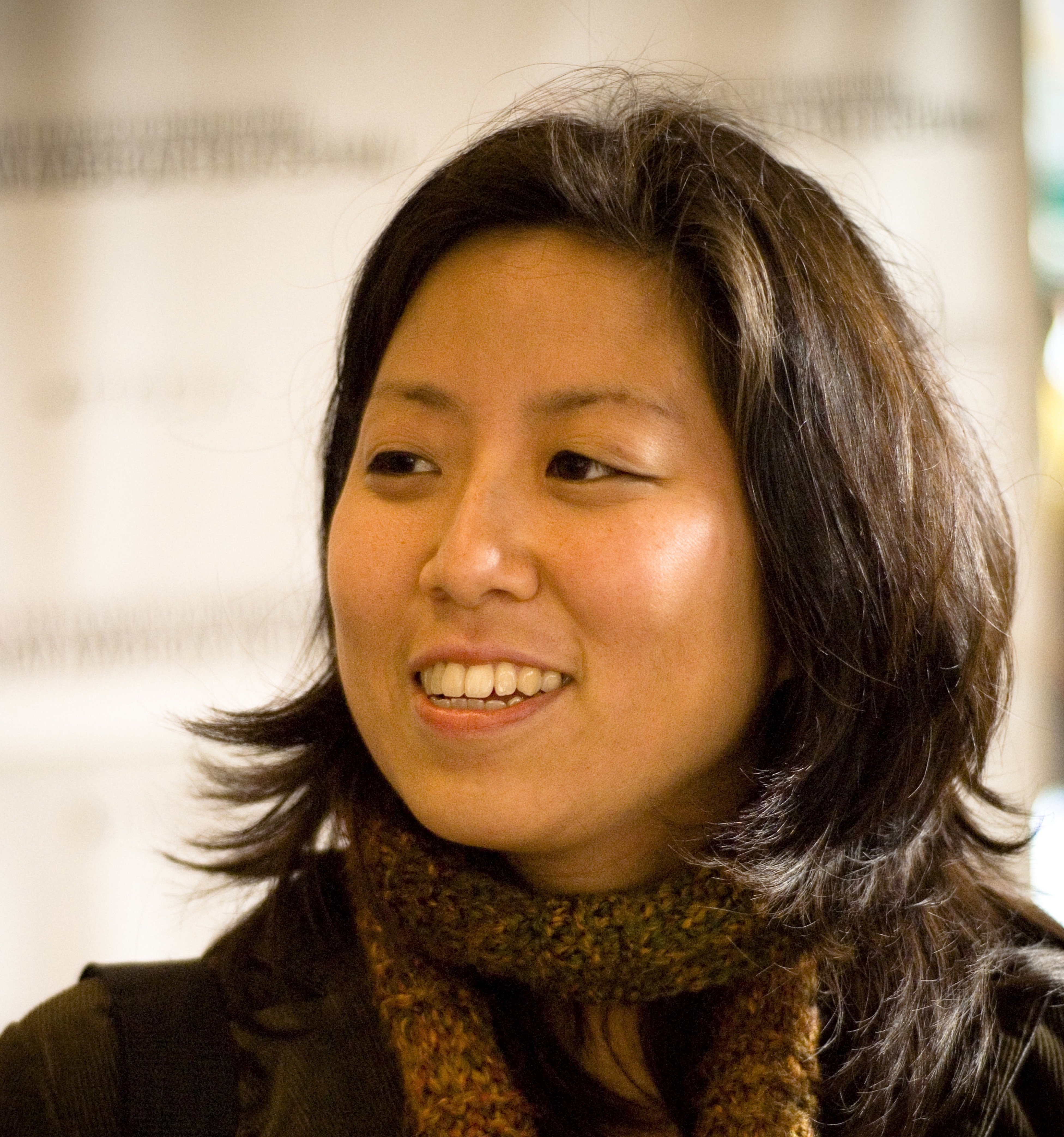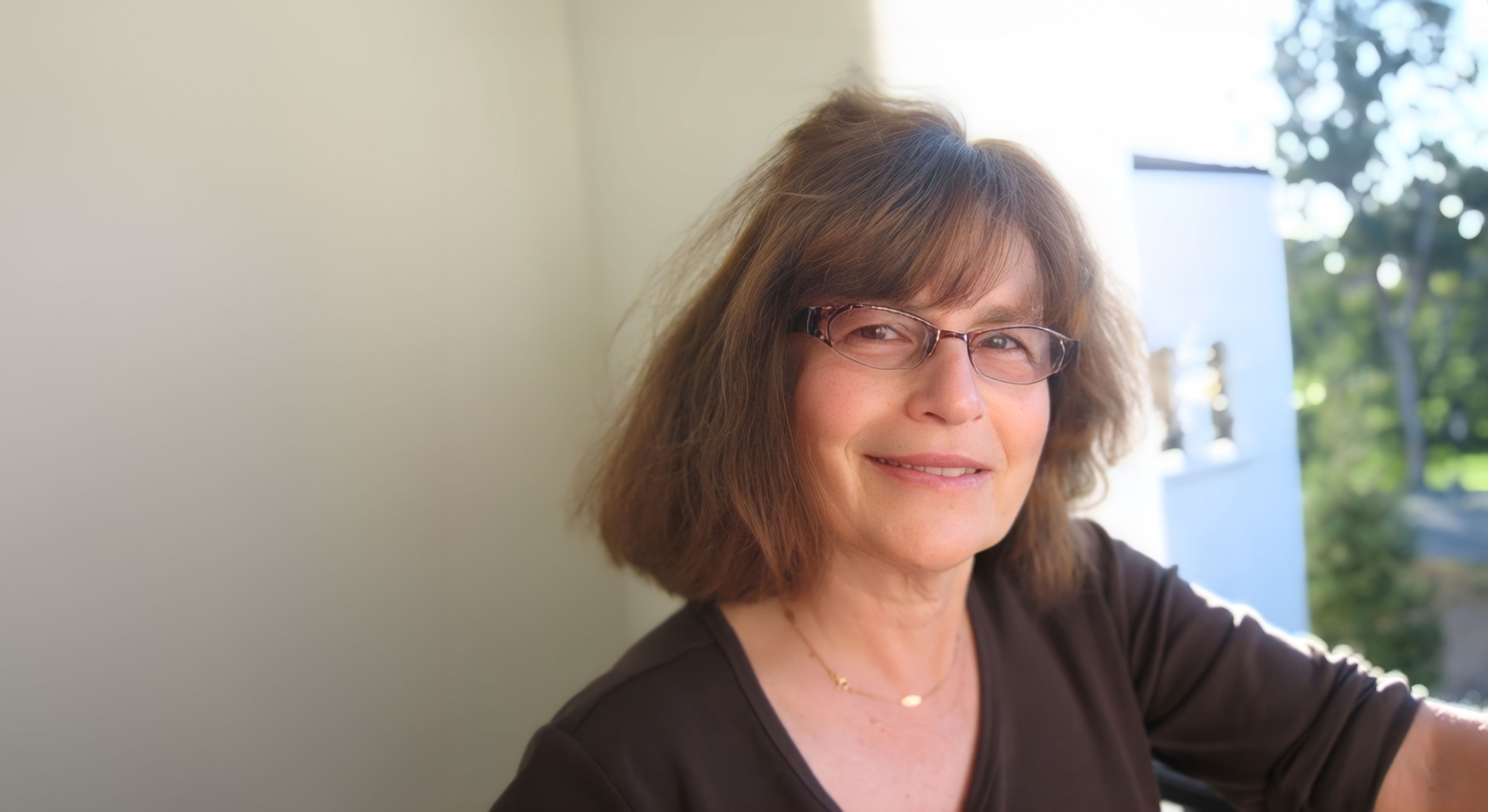‘And She Could Be Next’



The two-part documentary series “And She Could Be Next,” currently airing on PBS, tells the powerful story of a defiant movement of women of color who are transforming politics from the ground up.
The series, directed by Grace Lee and Marjan Safinia, follows candidates and organizers across the country, asking whether U.S. democracy can be preserved and made stronger by those most marginalized. It centers on those at the heart of the movement behind the New American Majority, including Stacey Abrams (Georgia), Bushra Amiwala (Skokie, Illinois), Maria Elena Durazo (Los Angeles, California), Veronica Escobar (El Paso, Texas), Lucy McBath (Atlanta, Georgia), Rashida Tlaib (Detroit, Michigan) and Nse Ufot, executive director of the New Georgia Project.
On Thursday, July 30, Lee and Safinia will join UC Santa Barbara film and media studies lecturer Wendy Eley Jackson for a Zoom discussion of their groundbreaking work. “CWC Virtual: And She Could Be Next” begins at 7 p.m. and is free and open to the public, though advance registration is required. The two episodes also can be streamed free until August 31on the documentary’s official website.
“The women in our film left it all on the field in 2018 to make sure the American values I believe in remain intact,” said Lee. “As a storyteller, I want to bring this movement and these histories to the public and document its effect on the country. It’s one small step toward evolving our democracy.”
“The world is littered with brilliant, passionate and committed brown girls like me, who feel ‘other’ and too often make themselves small,” added Safinia. “We need their voices, hard work and compassionate perspectives. As we tell the stories of these candidates and organizers, I feel hopeful that their example will inspire a ripple effect for generations. How great could America really be if we harnessed and nurtured this talent?”
The event is part of CWC Docs, a series aimed at screening documentaries from across the world that engage with contemporary and historical issues, especially regarding social justice and environmental concerns. They promote dialogue by allowing audiences to engage with films and filmmakers in a post-screening discussion.
According to Jackson, the power of this particular documentary is its demonstration that since 2016, women of multiracial and ethnic backgrounds have helped usher in not only the most diverse Congress in U.S. history, but also the most diverse group of state and local elected officials. “To witness women across the country take an unwavering approach to fight against patriarchy and racism has been revolution and timely,” she said.
“The film speaks to everyone who believes that America should mandate equality for all,” Jackson continued. “It’s a reminder that although progress has been made, the fight to elect women of color into places of power to affect change still remains unfair due to various factors, including voter suppression.”
The directors hope the viewers will see themselves in the film, “and that they will be motivated to fully step into their power in every aspect of their lives.”
“This is not a time to sit on the sidelines,” say Lee and Safinia. “The opportunity for transformative change in our systems here in 2020, where everything we thought we knew has been questioned. We hope viewers will connect with like-minded others and collectively organize for the changes we need to see in all aspects of American life.”
It might be considered auspicious that “And She May Be Next” comes to life in the centennial year of the ratification of the 19th Amendment. “One hundred years later we are looking at the most diverse slate of candidates ever — even more than in 2018,” said Safinia. “What does this suggest? That it really matters who we see. It changes our ideas about what is possible when we see people who look like us and share our lived experiences in positions of power.”



